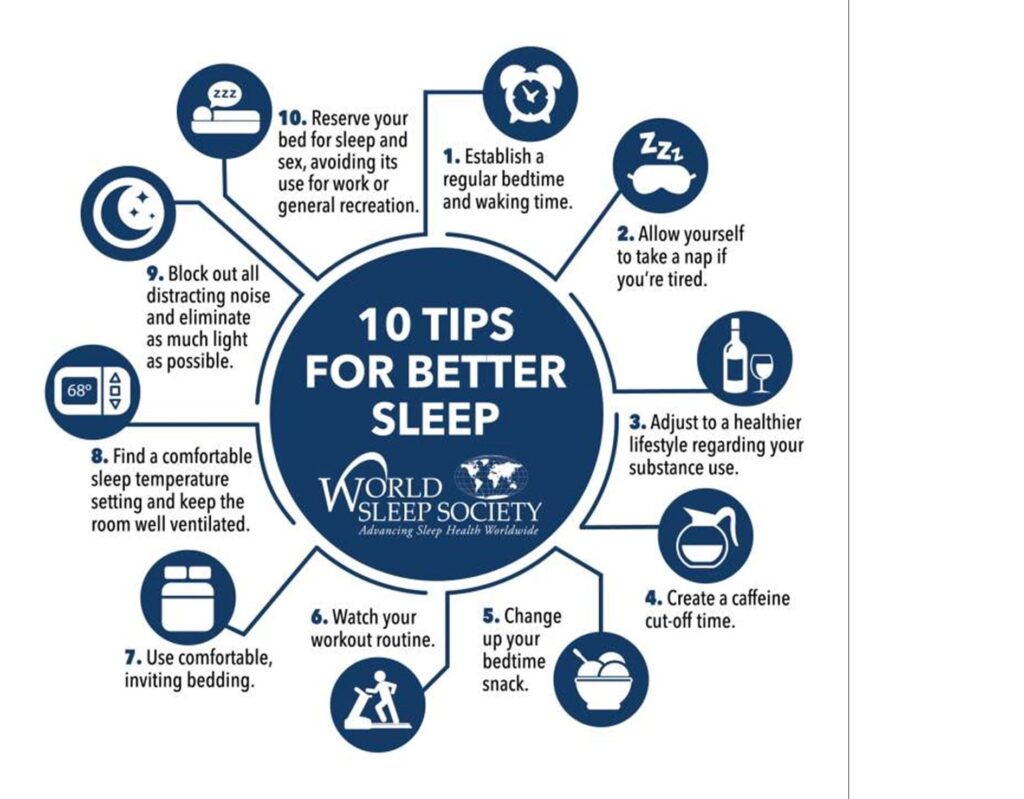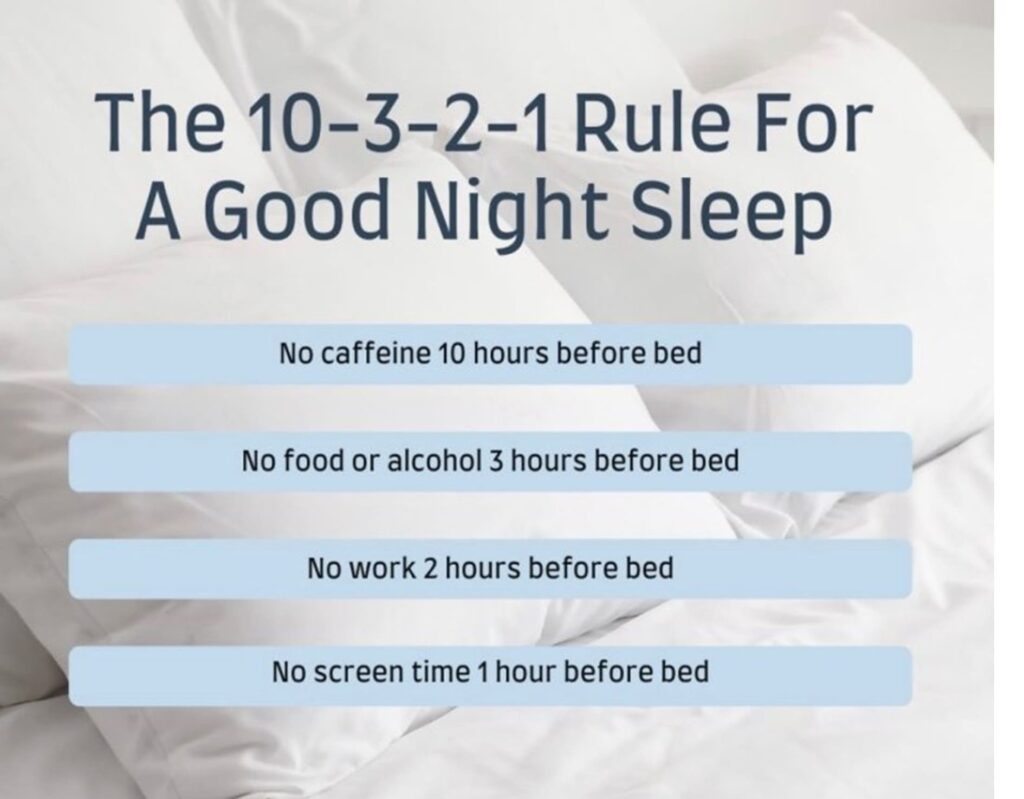Dr. Reeti Pathak BHMS, MD(Med)
Introduction:
Sleep is crucial for maintaining our physical and mental health across all age groups. However, modern lifestyles often lead to sleep deprivation due to work demands, family responsibilities, or even late-night entertainment. Chronic lack of sleep can significantly increase the risk of various health issues, including obesity, type-2 diabetes, high blood pressure, heart disease, strokes, poor mental health, developmental delays in children, and even early death.

Sleep Quality Matters:
Getting enough sleep is essential, but the quality of that sleep is just as important. Poor sleep quality can be identified by signs such as feeling tired even after getting the recommended amount of sleep, frequently waking up during the night, and experiencing symptoms of sleep disorders like snoring or gasping for air.
Recommended Hours of Sleep by Age Group:
According to the American Academy of Sleep Medicine and the Sleep Research Society, the recommended hours of sleep per night vary by age:
| Age Group | Age Range | Recommended Hours of Sleep |
|---|---|---|
| Infant | 4-12 months | 12-16 hours per 24 hours (including naps) |
| Toddler | 1-2 years | 11-14 hours per 24 hours (including naps) |
| Pre-School | 3-5 years | 10-13 hours per 24 hours (including naps) |
| School Age | 6-12 years | 9-12 hours per 24 hours |
| Teen | 13-18 years | 8-10 hours per 24 hours |
| Adult | 18-60 years | 7 or more hours per night |
How to Improve Sleep Quality:
- Be Consistent: Go to bed and wake up at the same time every day, even on weekends.
- Create a Comfortable Sleep Environment: Ensure your bedroom is quiet, dark, relaxing, and at a comfortable temperature.
- Remove Electronics: Keep TVs, computers, and phones out of the bedroom.
- Watch Your Diet: Avoid large meals, caffeine, and alcohol close to bedtime.
- Avoid Tobacco: Smoking can interfere with sleep.
- Exercise Regularly: Physical activity during the day can help you fall asleep more easily at night.
- Consider a Warm Bath or Shower: A warm bath or shower an hour or two before bedtime can help you relax and fall asleep faster by lowering your core body temperature, signaling your circadian rhythm that it’s time to sleep.

The 10-3-2-1-0 Sleep Rule:
The 10-3-2-1-0 sleep rule is a routine that helps you prepare for a good night’s sleep by gradually eliminating certain activities before bedtime:

- 10 Hours Before Bed: Cut out caffeine. Caffeine stays in your system for 3-5 hours, affecting your ability to fall asleep. Avoid consuming coffee or other caffeinated drinks before bed.
- 3 Hours Before Bed: Stop eating and avoid alcohol. Eating before bed can lead to digestive issues and disrupt your sleep. Limiting food and alcohol intake 3 hours before bed can help you wake up feeling refreshed.
- 2 Hours Before Bed: Stop working. Working before bed can increase anxiety and overstimulate your brain, making it harder to fall asleep.
- 1 Hour Before Bed: Avoid screen time. Blue light from screens can trick your brain into thinking it’s daytime, disrupting your circadian rhythm. Keep screens out of the bedroom or at least put them on silent mode.
- 0 Times: Hit the snooze button. Avoid hitting the snooze button as it disrupts the REM phase of your sleep cycle. Instead, place your alarm clock away from your bed, forcing you to get up to turn it off.
Conclusion:
By understanding the importance of sleep, following the recommended guidelines for sleep duration, and adopting healthy sleep habits, you can significantly improve your sleep quality and overall well-being. Remember, a good night’s sleep is not just about quantity but also about quality.
T











